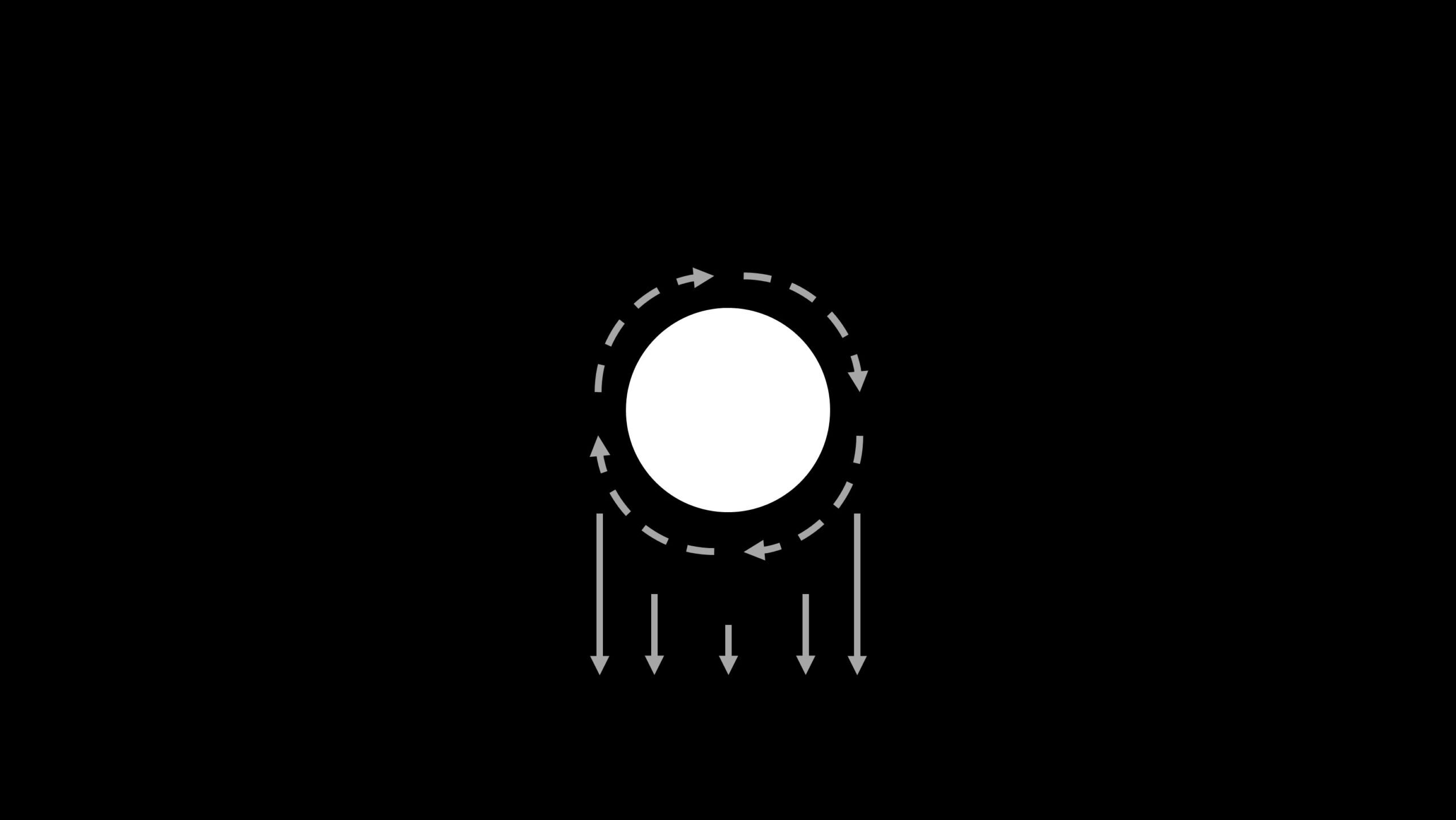Article last updated on November 19, 2023
The negative effects of procrastination affect not only the person who is procrastinating, but also those around them.
The negative effects of procrastination can be seen in almost all areas of life.
Procrastinators often find it hard to complete tasks on time or at all. They may also fail to meet deadlines and miss out on opportunities due to their lack of motivation.
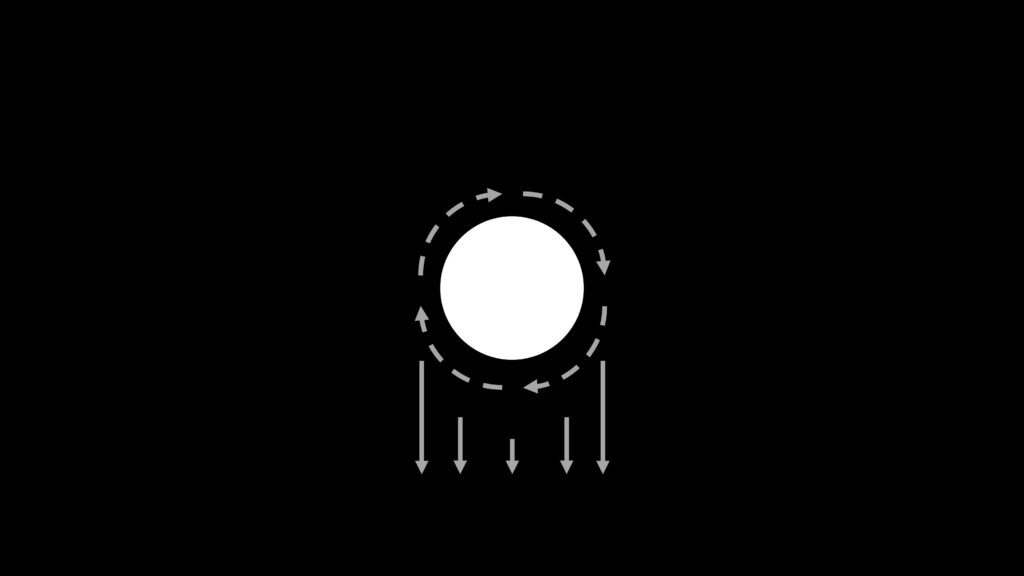
I remember when I was in high school, and even up to my mid 20s, I used to procrastinate a lot.
I would ignore my homework until the last minute, and then I would rush through it so that I could go play video games and watch YouTube videos.
When I reflect back, I can see how much procrastination has affected me.
I can only be grateful for this experience because now I am aware of what procrastination really means.
It’s not just about missing out on some fun activities; it’s about missing out on your future.
It’s about wasting precious time that you will never get back.
I will list out these negative effects by importance and split them into two categories, you and the rest of the world. So, let’s start.
Negative Effects of Procrastination on Your Life
I want to first cover the negative effects of procrastination on your life, because without understanding the personal consequences of procrastination, it will be very difficult to overcome anything else.
1. Create a downward spiral of growth entropy
When you avoid doing something important, you create an energy drain within yourself. This drains away your potential as well as your confidence.
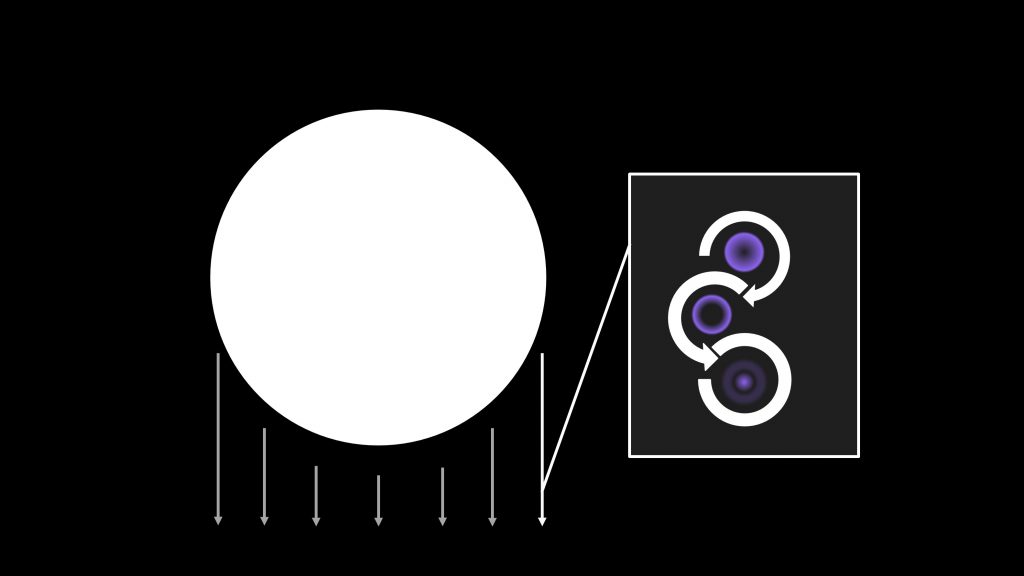
You begin to feel like you have no control over your own life. You become frustrated with yourself and others. You lose faith in your ability to succeed.
If your zest for life is represented as a muscle in this case, this muscle would get weaker every day and atrophy overtime.
It will never get stronger by avoiding things. Instead, it gets worse.
I have noticed that the more I procrastinate, the more I have developed the habit of being lazy.
It was like throwing myself in quicksand. That’s why I call this negative effect a “downward spiral of growth entropy.”
The solution is in becoming more self-aware.
Self-awareness helps you take a step back from all the mental noise and distractions. It allows you to objectively see yourself and your current situation.
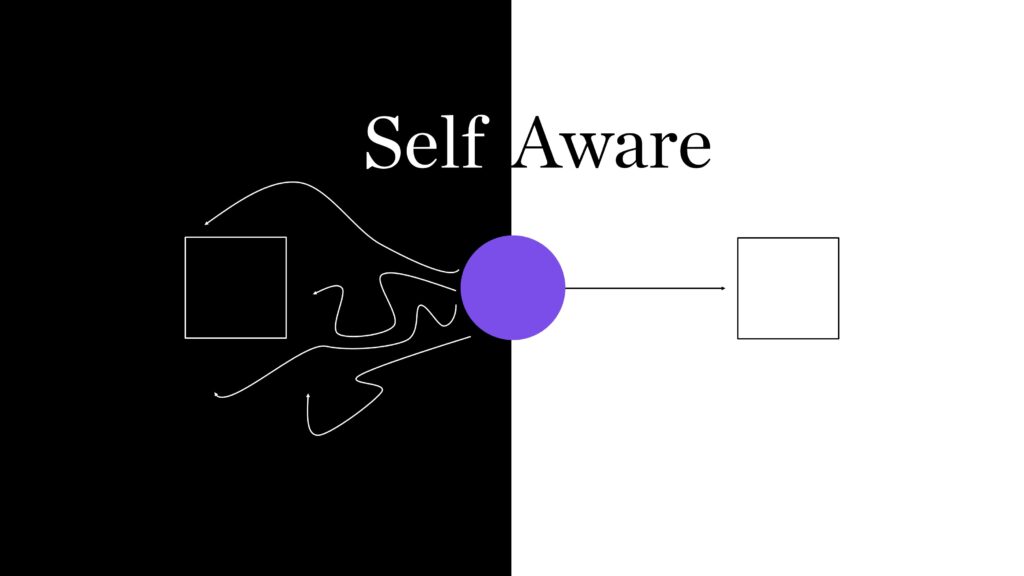
Once you gain this perspective, you can see real consequences down the road if you don’t pull yourself together.
So, you could say that self-awareness is an antidote to procrastination. Without it, you’ll never know what you’re capable of achieving and where you are headed in life.
2. You will always be behind
Procrastination is a vicious cycle. If you don’t do something today, you’ll be stuck tomorrow. This leads to more procrastination, which makes you feel even more behind.
Feeling like you are always behind makes you reactive instead of proactive. You tend to react to life instead of creating opportunities for yourself.
Long-term procrastination will make you feel like you are always behind. In fact, you may find yourself working at a job you hate or not having any friends because you spend most of the time avoiding doing the actual work. This is a recipe for disaster.
The solution is to tackle small tasks immediately.
Completing small tasks will give you a boost of energy to continue moving forward. When you complete one task, you will feel accomplished and energized. This gives you the motivation to move ahead.
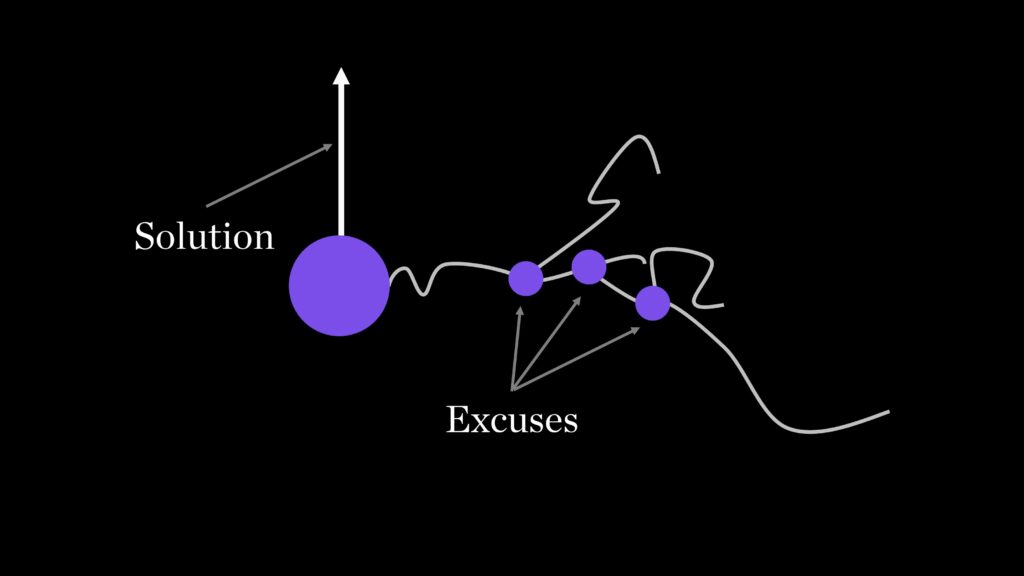
The feeling of accomplishment also motivates you to keep going, so you don’t feel like you are being left behind, but rather become a proactive person.
3. Become a professional passive consumer
Consuming anything passively means you aren’t engaging in the process. Passive consumption includes watching TV shows, YouTube videos, scrolling on social media, reading books, playing video games and so on.
In contrast, active consumption involves actively participating in some kind of activity.
When you procrastinate, you get better at it over time, and you even become an expert at passively consuming content.This is how you end up spending hours on Facebook scrolling through other people’s lives.
By not engaging and just being a passive spectator in life, you can develop mental health issues. These problems lead to poor decision-making skills and bad habits. Social skills are also drastically affected.
This is a very dangerous side effect of procrastination.
The solution is to limit your consumption.
The only way I have found to limit my consumption of information is by limiting or blocking my access to it. I use an app called Freedom to block websites and apps.
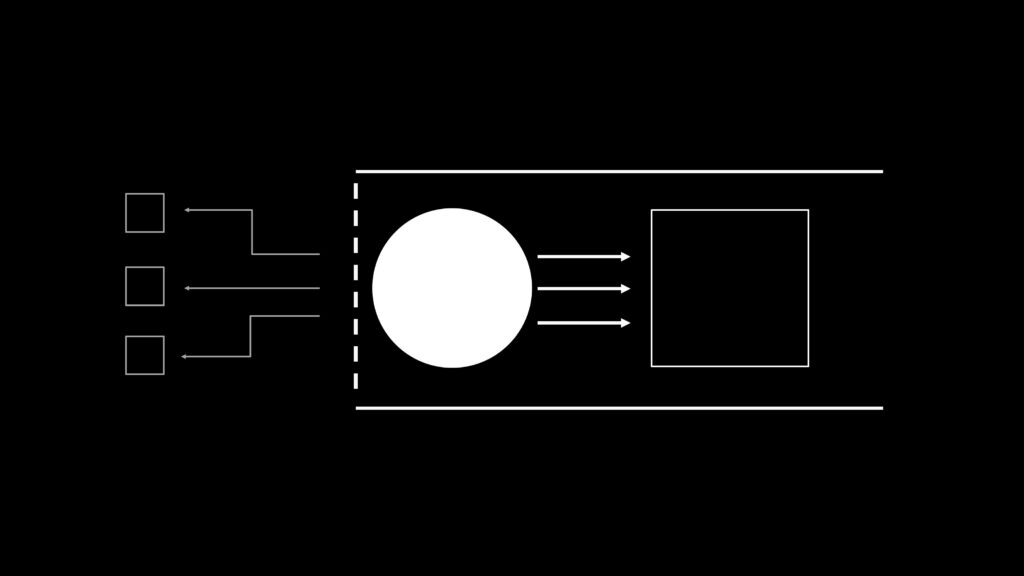
It’s amazing how much your mind will try to trick you into thinking you should “just check something online” and then you end up wasting hours.
You need to stop negotiating with your lower version of yourself. Instead, focus on your higher version of yourself. Your higher version of yourself wants to live a happy, healthy, and productive life.
4. Stop living in reality
Living in reality means taking responsibility and action towards your goals. If you want to achieve certain things in life, you must take action, and procrastination is completely the opposite of that.
If you wait until the last minute to act, you won’t get anywhere. You might as well stay home and watch movies all day.
Chronic procrastination will make you delusional, and this is when you start believing that you are actually accomplishing things. It is when you think that you are getting somewhere without actually doing anything.
The solution is to reflect back on your accomplishments.
Reflecting on your accomplishments will help you realize if you are doing busy work or actual work. If you are doing busy work, you should stop right away.
But if you are actually working, you should celebrate your success. That means you are moving away from procrastination habits.
5. Become less focused person
The ability to focus is essential for productivity. Procrastinators often find themselves distracted and unfocused. They lack concentration and they lose their train of thought easily.
They also tend to be scattered and forgetful.
When you have some challenging task in front of you, you’ll probably feel overwhelmed and confused, and that’s where people start to lose focus and procrastinate.
One thing I’ve noticed is that my ability to focus improved over time as I confronted my personal procrastination habits.
It is like you can notice what is a signal and what is noise. And the more you practice, the easier it becomes.
The solution is to say yes only to the present moment.
When you give more attention to the present moment, you will naturally start to recognize that you have mental clutter that does not serve you at all.
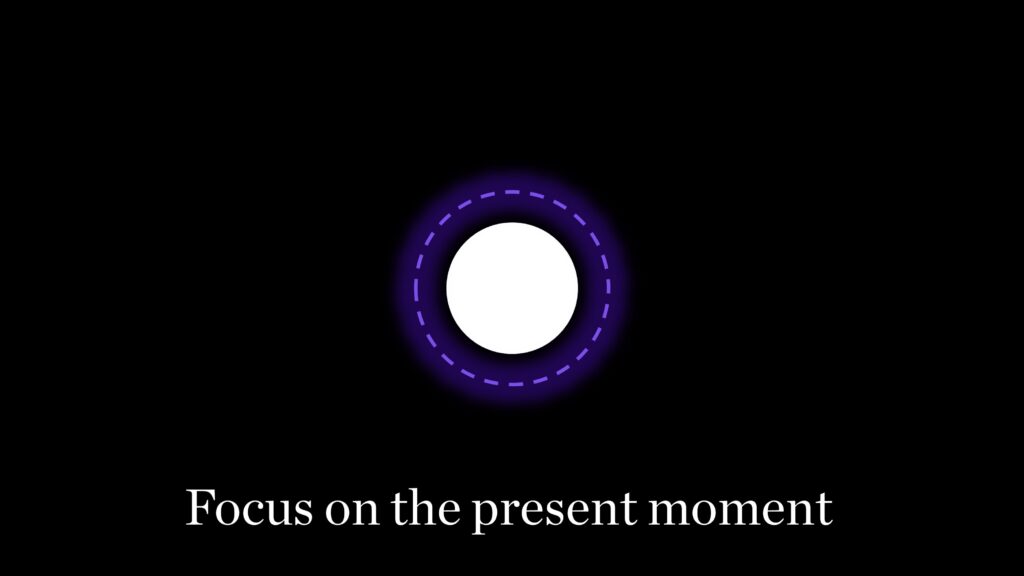
You’ll have the ability to see these distractions and eliminate them. The past and future will fade away. What matters is this moment and your moment-by-moment actions.
6. Being more lethargic and unmotivated
When the life satisfaction level drops, it leads to being lethargic and unmotivated.
When you procrastinate, you tend to focus on short-term gains rather than long term benefits. This makes you lethargic overtime. Think of it like eating fast food instead of nutritious meals.
Yes, it might feel good in the beginning, but what happens afterward?
The same goes for doing the work versus passively watching something. It is much harder to do stuff when you acclimate yourself to passive activities.
The solution is to have a “worst case” and “best case” scenario defined.
When you clearly know what the consequences of inaction are, you will second guess your decision of “I’ll do it later” because you’ll know where that leads you. And the same principle applies to the best case. You’ll know what the benefits of action are.
7. See yourself as a failure
When you have high levels of stress, you become more likely to procrastinate. Stress causes us to take shortcuts and avoid tasks.

We tend to look down upon ourselves, and we don’t want to fail. We fear failure, and we try to escape it by avoiding the task. This leads to self-sabotage.
You may even start doubting yourself. When you doubt yourself, you start thinking that you’re not smart enough, capable enough, or whatever else. This leads to procrastinating even more.
The solution is to prove to yourself that you can do stuff.
You see, self-sabotage can only happen when you doubt yourself. If you believe in yourself, then you won’t ever think about failing. And you can believe in yourself by taking small steps every day.
You should have a reminder of the things you’ve done so far, so whenever self-sabotage starts creeping up, you can remind yourself of how far you’ve come and what you are capable of.
8. Lose interest in work
Chronic procrastinators lose interest in work. They find themselves constantly distracted and easily bored with their work. The motivation is lost over time.
This is one of the main reasons why chronic procrastinators struggle to complete big projects.
People lose interest in things they are not good at and they stop caring about them.
When you avoid doing actual work, you will become less competent and therefore lose interest in it.
The solution is to see what your work brings to other people.
When we overly focus on work, we tend to lose sight of how our work affects others.

Everything we do has an impact on someone else. It might be difficult to notice sometimes, but if you really pay attention, you’ll realize that everything you do impacts somebody else.
That will help you stay motivated, and don’t allow procrastination to take away your focus.
9. You will have difficulty making decisions
When you are in a limbo state, you’ll feel like you are paralyzed. You don’t know which way to go, and this creates indecision.
Daily life choices are made based on what’s easy and what’s hard. When you are stuck in indecision, you’ll make a bad decision, which is choosing inaction over action.
To make any progress in life, you need to break this cycle of indecision.
I remember when I was struggling to decide whether to continue working as a dental technician or start working toward becoming a growth strategist.
Everything felt pointless, and I didn’t know what to do next.
At some point, I decided to just do something. So I started learning growth marketing online and applying for jobs online, and now I am able to reap rewards from my efforts.
But that period of indecision cost me a lot of time and energy.
The solution is to act and reflect quickly.
Thinking about what you should do will cause procrastination even more. Thinking will not bring you anything you didn’t know before. Only by doing so will you learn if you made the right choice.
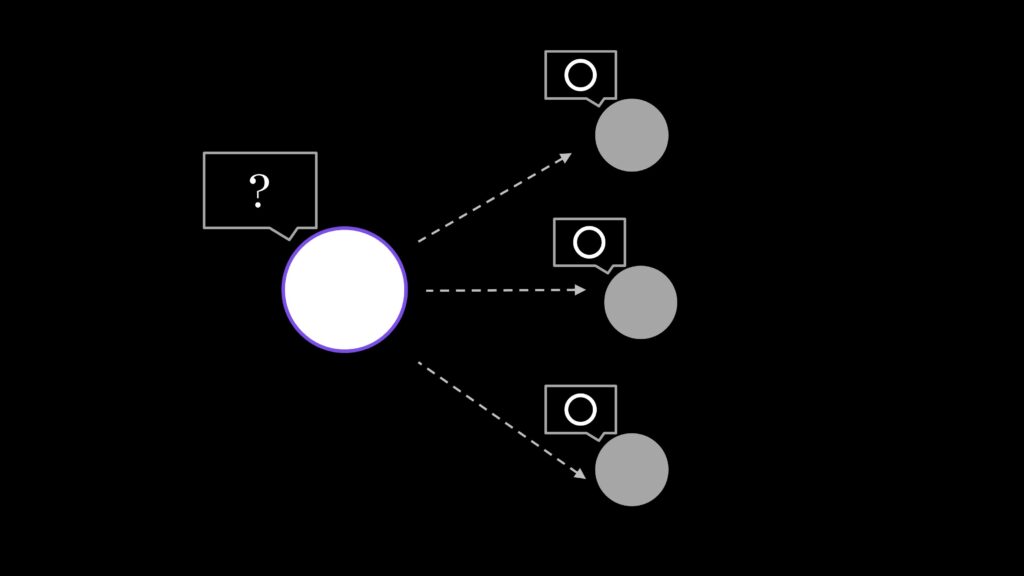
We tend to dramatize our situation, thinking “If I don’t do X, I’m going to fail” or “If I don’t try Y, I’m never going to succeed.”
The truth is, the outcomes are less dramatic than we think. So, decide and see if you’re making the right choice. Only then will you know what is the right direction.
Negative Effects of Procrastination on The Rest of the World
People who care about you and even the rest of the world will be impacted by the negative effects of your procrastination. I’m sure you have heard of the butterfly effect. It means that a small change can lead to huge consequences.
For example, if you procrastinate, you might miss out on a great opportunity where you could do a marvelous job. Without you, nothing happened.
That’s why I want to mention a couple of examples here.
10. Your family will suffer
Your family needs you. They depend on you. And if you procrastinate, someone else will need to take that burden of responsibility instead of you. Let’s take the example of physical health.
It’s very important to keep yourself healthy so that you can take care of your loved ones.
When someone procrastinates about taking care of their body, they develop poor health and eventually become sick.
This leads to constant stress and worry from family members that would not exist if they took good care of themselves.
The solution is to become a family’s prime example.
To override procrastination, and especially any bad habit, you can set an example for other family members.

I remember when I first started to take my diet and eating habits seriously. At first, family members were kind of mocking me, but after a month or so, they started to change some of their eating habits. Someone needs to be a catalyst, so why not be you?
11. Lose respect from others
When you procrastinate, people lose respect for you. You will become the person that talks the talk but doesn’t walk the walk. You’ll say one thing, but do another. People won’t believe in you anymore.
You’ll lack integrity and have started because you procrastinated.
This is also true with relationships.
When you procrastinate, it shows that you are unreliable. You are not reliable to your partner, friends, colleagues etc.
This is why it is best to make decisions as soon as possible. If you wait too long, it will be too late.
The solution is to say less and do more.
Become a person who does things rather than talks about them. Procrastination will fade away once you start taking action.
Personally, I find something attractive in the idea of doing things rather than just talking about them.
Talking, ruminating, calculating is somehow boring, yet doing something “in the dark” and showing it to the world is exciting.
12. Slow down the progress
When you stagnate, you slow down the process of everyone else. When you postpone tasks, meetings, projects, and events, you slow down everyone else.
If you delay a project, you’re delaying the whole team. If you delay a meeting, you’re slowing down the entire organization.
The existence of team procrastination starts with individual-level procrastination. My opinion is that you should never procrastinate on anything where other people depend on you.
Don’t be the bottleneck in the process, but don’t let anyone else be either.
The solution is to get organized.
Start planning your day ahead of time.

Plan everything that you have to do. Set up a schedule. Set deadlines. See who is directly impacted by what you’re going to do.
If you have a team, see your team goals. See how each member contributes towards those goals.
13. Set lower standards for everyone else
The final negative effect of procrastination I want to mention can have detrimental effects on everyone around you, and it spreads like wildfire.
When you procrastinate, you set lower standards for yourself and for others, which means others can easily expect less out of themselves.

Personally, I am extremely wary of this characteristic because lower standards will creep into every aspect of our lives.
It’s easy to procrastinate if we think that others are procrastinating too. Lower standards lead to self-doubt, and then we become a burden to those around us.
The solution is to observe what you are tolerating.
When you have low standards, you can tolerate almost anything. Everything is okay, even when you feel like you’re being treated poorly.
To override this negative effect of procrastination, we need to be vigilant about our own behavior. We need to be aware when we’re setting low standards for ourselves or others.
People will always strive to find an easier way to do things, and if you slack, they’ll want to slack too.
The quality of your life will depend on what you tolerate and what standards you have.
FAQ on the Negative Effects of Procrastination
I wanted to compile some questions and answers regarding procrastination and its negative effects.
Can you give me a list of things on how to overcome procrastination consequences?
1. Plan Your Day Ahead Of Time
2. Set Realistic Goals For Yourself
3. Take Action As Soon As Possible
4. Make A To Do List Every Morning
5. Give Yourself Enough Time To Complete Tasks
6. Don’t Start Work Until The Last Minute
7. Keep Your Promises
8. Be Organized And Have Everything Where It Needs To Go
9. Get Rid Of All Unnecessary Things
10. Learn From Mistakes
11. Stop Doing What You Know Is Wrong
12. Ask Someone To Help You Out
13. Avoid Distractions
14. Don’t Let Other People Influence Your Decisions
15. Stay Focused On One Thing At A Time
16. Focus On Something That Makes You Happy
17. Spend Quality Time With Family Members
18. Find Ways To Relax
19. Listen To Music When Working
20. Create A Schedule For Yourself
Are there any positive effects when we procrastinate?
Yes, there is one major positive effect, and that is having the ability to reflect more deeply on the situation at hand.
You will not run into complicated problems as often if you procrastinate, but without any challenges and problems, you won’t grow either. Procrastination is only a good thing in moderation. Anything more leads to negative effects.
What are the negative psychological impacts of procrastination?
Procrastination has many negative psychological impacts. First, it makes us feel guilty about all the time wasted. Then it causes anxiety and it drastically decreases our productivity.
This causes a chain reaction of negative psychological effects, including low self-esteem, anxiety, impulsivity, poor decision making, lack of motivation, and difficulty concentrating.
Is procrastination just laziness or something deeper?
It’s not just laziness. There are different types of procrastinators. Some people procrastinate because they don’t know how to get started with their tasks, while others procrastinate out of fear of failure.
Some people procrastinate due to perfectionism. They think that they must complete everything perfectly before moving on to the next task. This type of procrastinator usually feels overwhelmed by the amount of work he needs to do.
Some people procrastinate because of external factors like family responsibilities, financial issues, etc. These people tend to put off important tasks until later because they feel unable to deal with them right now.
So, you can see that the role of procrastination is much broader than just being lazy.
Conclusion
You can see that procrastination has many negative effects on your life. Procrastination is a common problem that affects everyone at some point in their lives.
The good news is that it can be overcome through self-awareness, self-discipline, willpower, and other solutions you have just read about in this article.
I would be important to remember that the most common effect of procrastination is that it leads to poor performance and low standards.
This means that procrastinators tend to underperform when they have been given an important task. It’s as if they don’t want to do anything because they think it will take too long.
If you find yourself procrastinating, try out the solutions I’ve mentioned above. If you have any questions, let me know.


